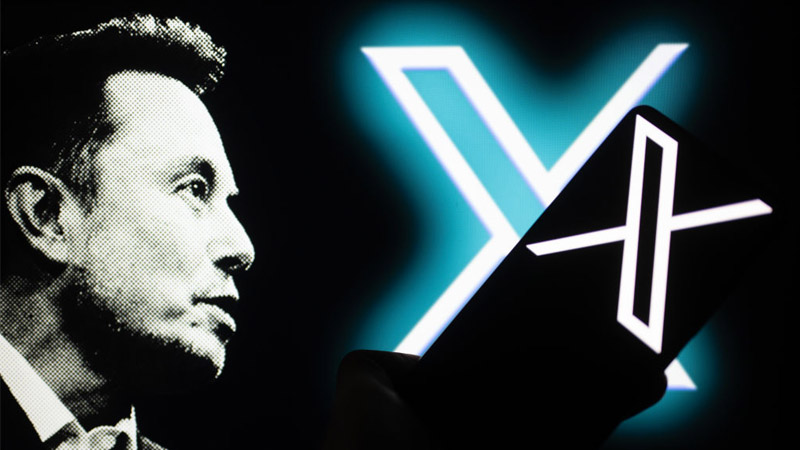The platform has been accused of violating the terms of the bloc’s sweeping Digital Services Act.
The European Union announced on Monday that it was laumching “formal infringement proceedings” against Elon Musk’s X social media platform over a recently implemented law intended to crack down on illegal content and disinformation online.
The announcement of the probe comes weeks after X (formerly Twitter) was asked to provide assurances that it was complying with the terms of the European bloc’s Digital Service Act. Under the law, which came into effect in August, a company can be fined up to 6% of its annual global income or banned from operating in the EU if it is found to have breached the sweeping legislation.
Today we open formal infringement proceedings against @X :
⚠️ Suspected breach of obligations to counter #IllegalContent and #Disinformation
⚠️ Suspected breach of #Transparency obligations
⚠️ Suspected #DeceptiveDesign of user interface#DSA pic.twitter.com/NxKIif603k
— Thierry Breton (@ThierryBreton) December 18, 2023
“Today we open formal infringement proceedings against X,” Thierry Breton, the EU commissioner responsible for the law’s enforcement, wrote in a post on the social network on Monday.
Breton added that the move had been taken in response to a “suspected breach of obligations to counter illegal content and disinformation; suspected breach of transparency obligations,” and “suspected deceptive design of user interface.”
The probe will also look at the effectiveness of X’s ‘community notes,’ in which users can fact-check or provide comments on the accuracy of certain posts.
Responding to the charge on Monday, X said it was “cooperating with the regulatory process,” and added that it was “important that this process remains free of political influence and follows the law.”
The platform, which was subject to a multi-billion-dollar takeover by Elon Musk last year, said it was focused on “creating a safe and inclusive environment” for its users, which it said it balances against “protecting freedom of expression.” At the time of the takeover, Musk branded himself as a “free speech absolutist.”
On October 10, the EU warned X in a formal letter that it had received “indications” that the social media platform was “being used to disseminate illegal content and disinformation in the EU” related to Hamas’ attack in Israel on October 7.
In a letter to Breton, X chief executive Linda Yaccarino responded to say the firm was “working to address the operational needs of this fast-moving and evolving conflict.” She added that X had removed hundreds of Hamas-affiliated accounts from the service.
Earlier this year, X was among several tech giants to sign up to an EU code of conduct to prepare for the launch of the Digital Services Act in August. However, X withdrew from the agreement in May, prompting backlash from Breton. “You can run but you can’t hide,” he warned Musk and X.


